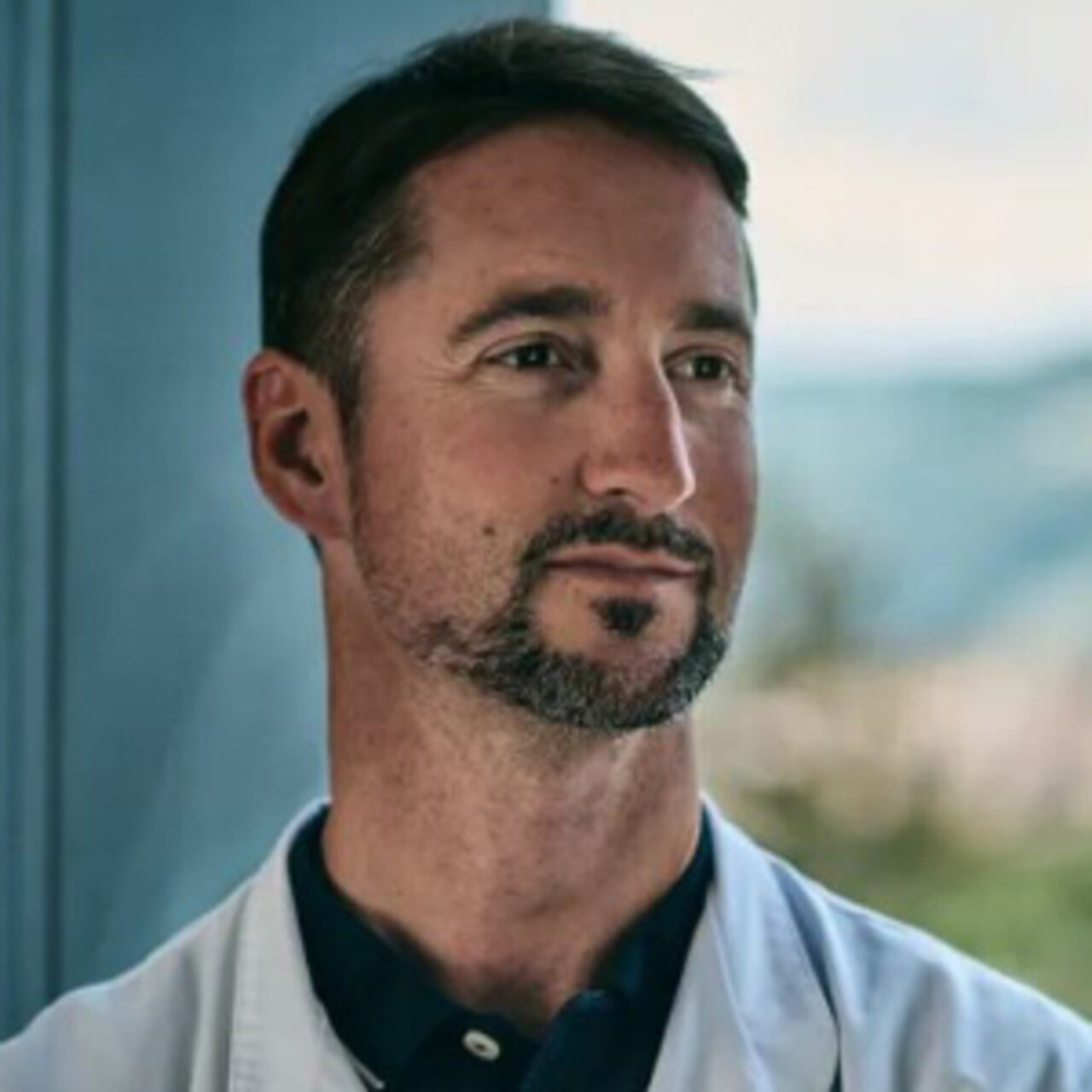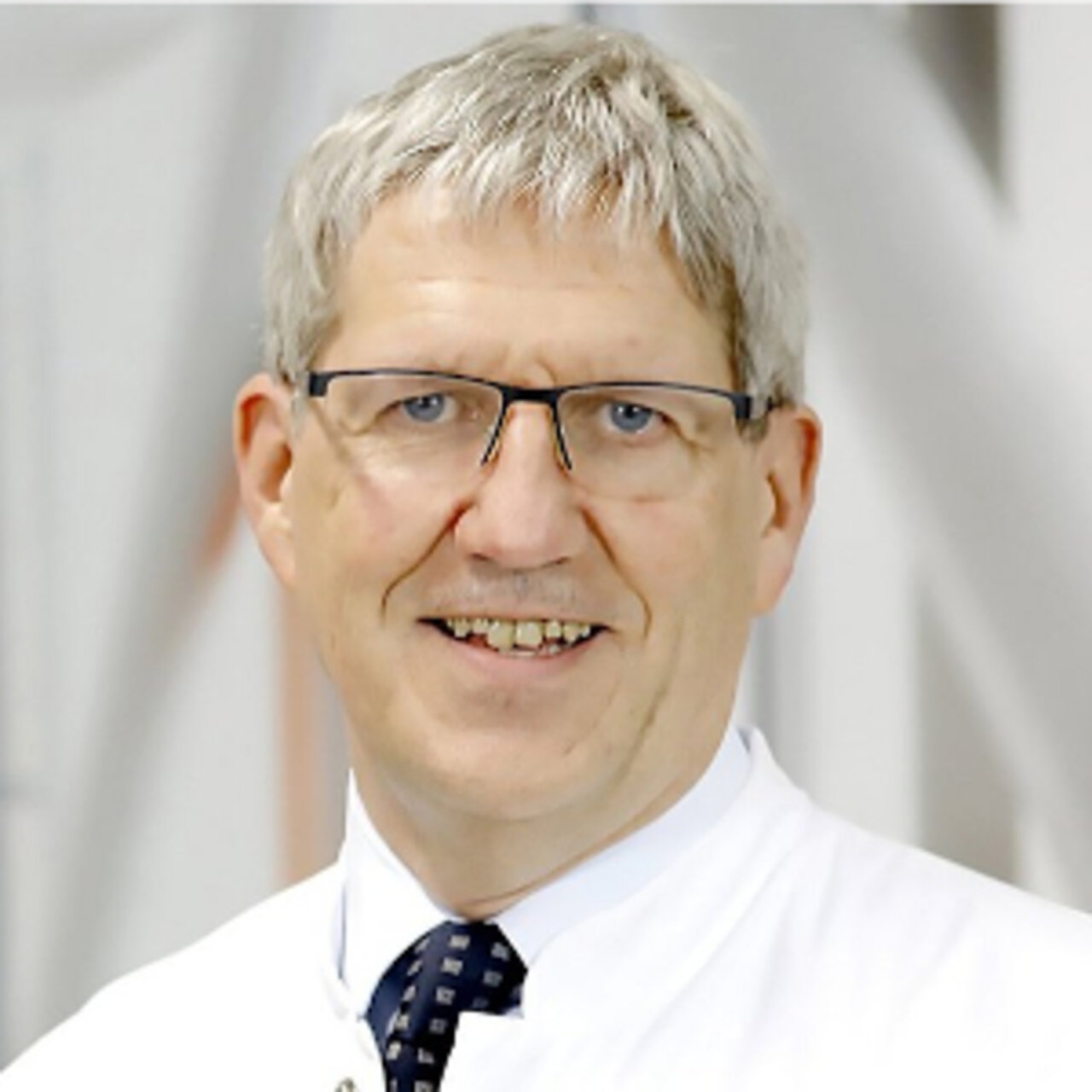Specialists in Thymectomy
4 Specialists found
Information About the Field of Thymectomy
What is a thymectomy?
Thymectomy refers to the surgical removal of the thymus gland. It is located behind the breastbone and in front of the heart within the so-called mediastinum. The thymus plays an important role in the development of certain immune cells, known as T lymphocytes. Especially in babies, children and adolescents, the thymus is important, because the body's own immune system is still developing and will only mature over time. As we get older, the thymus loses its function and is gradually replaced by fatty tissue (involution). Nevertheless, diseases of the gland can arise that require surgical treatment. In most cases, the thymus is removed in a minimally invasive way.
When is thymus surgery needed?
The thymus tissue can give rise to tumors. Most are benign and are then called thymomas, but malignant tumors are called thymic carcinomas or malignant thymomas. Any tumor of the thymus gland needs to be removed, as benign thymomas can also become malignant and its growth may displace or spread to other tissues, resulting in serious long-term symptoms such as difficulty swallowing, shortness of breath and heart problems. Malignant thymomas can even spread and cause metastases in the body.
Myasthenia gravis is another condition that requires surgical removal of the thymus as a treatment. It is an autoimmune disease that is characterized by progressive muscle weakness due to antibodies blocking the body's own structures which are important for the transmission of signals from the nerve to the muscle (autoantibodies directed against acetylcholine receptors on the so-called motor end plate). In the long term, as these antibodies bind, the affected tissue is destroyed. The thymus seems to have an important part in the development of such autoantibodies and many myasthenia gravis patients show changes of the gland. Besides medication, myasthenia can also be treated with a thymectomy in certain cases. By removing the thymus gland, autoantibodies often disappear along with the symptoms of the disease.
Procedure for thymectomy
A thymectomy is carried out under general anesthesia. Oftentimes, modern medicine offers keyhole surgery to remove the thymus. It involves inserting a camera along with surgical instruments through small incisions (2-3 cm) between the ribs into the chest. Looking at a monitor, surgeons can examine the chest cavity from inside while operating the instruments from outside. Once the thymus has been accessed, it is separated from the surrounding tissue and finally removed. Also the adjacent organs and lymph nodes are examined and if necessary samples are collected. To conclude the procedure, a drainage tube (thin plastic tube) is placed in the chest to remove any wound fluids to the outside. Any bleeding is treated and the opened layers and wounds are sutured. The procedure takes around 1 to 3 hours under ideal conditions. The procedure can also be done with the help of a surgical robot. Minimally invasive procedures reduce the risks and complications of the operation and patients usually suffer less pain and heal more quickly. Often they can be discharged from hospital after just a few days.
A sternotomy, in other words opening the entire chest by splitting the sternum, is performed less frequently today in order to remove the thymus. This is mainly necessary for large tumors or in case a tumor has already infiltrated adjacent organs.
Consequences: Is it possible to live without a thymus?
As we get older, the thymus gland is gradually replaced by fatty tissue and is often only visible as a fatty mass in front of the heart in adults. This means that the gland increasingly loses its natural function. The thymus's role in developing the immune system is particularly important in children. Adults have usually formed enough of the immune cells that develop in the thymus. Based on current evidence, removing the thymus is therefore possible with no problems and in many cases leads to a cure or relief of the respective disease.
Which doctors and clinics specialize in trachea surgery?
If you're in need of a doctor, you expect the best medical care possible. So of course patients are curious to find out what clinic to go to. As there is no objective way to answer this question and a legitimate doctor would never claim to be the best, patients must rely on a doctor's experience.
Let us help you find an expert for your condition. All listed doctors and clinics have been reviewed by us for their outstanding specialization in the field of thymectomy and are looking forward to your inquiry or wish for treatment.




